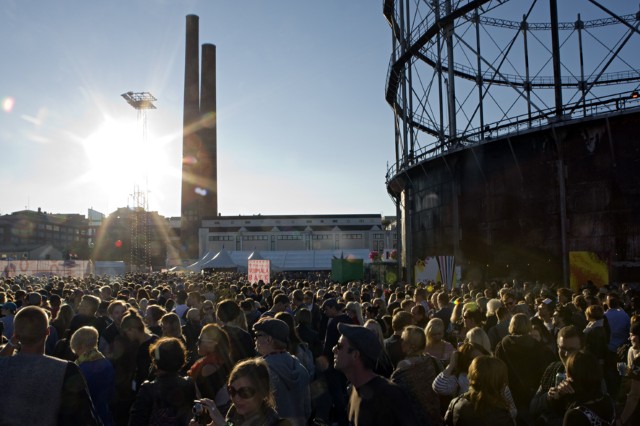During the summer we were looking for writers for our international Education for a Changing World publication. At our information session in June we received a lot of feedback saying that sustainability does not have a place within the education sector. “This is needed, please continue and involve all the people who have interest in the subject,” is the nature of the comments we’ve heard more than once.
We have launched a research project that explores the intersection of sustainability, well-being and education for a globalised society and a changing planet. We have a systemic view towards the future of education and are asking the big questions related to education: what is education’s role in our society? How could sustainability be an integral part of education? What does the future of education look like?
To kick-start the project, we held our first field-building breakfast on 26 August. The invitation was open to anyone interested in the subject of sustainability, well-being and the future of education, and we managed to gather together a good group of researchers, experts and other parties interested in initiating a discussion on the links between sustainability and education.
We asked our guests to answer two questions.
1) What is the opportunity created by bringing together a new group of stakeholders around the future of education?
2) What should we do to make progress towards that opportunity?
Below are some of the answers we received.
“Sustainability has been in schools one way or another for 30 years. It is time to move beyond school recycling programmes and start to build the bigger picture of sustainability in education and in schools. There are clear signals that pupils want to move beyond recycling as well. They just need to be given the opportunities.”
“We need to integrate excitement, enthusiasm and inspiration into our school system.”
“This movement could work towards reforms that would not only make education more sustainable, but other fields as well. We need multi- and cross-disciplinary content work.”
“Digitisation is a big driver within education, but social skills and interaction are equally important. These two often-competing needs must be seen in a holistic way as building blocks of the same tool set.”
“We should also talk to those stakeholders and individuals who oppose change the way this movement sees it, in education system and schools.”
With these statements in mind, the work now really starts.

Areas affecting education. Image: Justin Cook
We see sustainability and technology as the major areas affecting education on three different levels: within the system, in schools and on students. Other related issues affecting education are climate change, the growth of cities, interdependence, inequality and the new labour market, just to mention a few. How our education system reacts to the effects of these phenomena is a major part of the project.
Do you have a case study idea in mind?
We are looking for case study ideas for our upcoming publication. If you know a teacher, school, start-up, NGO or some other kind of innovative doer who has renewed education with their activities we would love to hear about it. Our scope is global so your example can be in Mikkeli, Sao Paolo or somewhere else.
Are you interested in joining the discussion and contributing to the project? Interested in joining a network around the research topics and the dialogue on sustainability and education? Join us on Facebook, Twitter (#educationfutures) or get in touch directly. Our next field-building breakfast will also be held later in the year, so watch this space.



Recommended